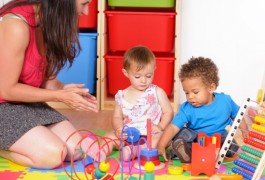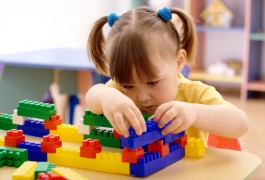Whiz kids
For many years, autism was considered synonymous with intellectual disability. A new study shows that perception is inaccurate.

Integrating music into interventions helps children who have autism with their social skills, language and behavior. But methods should be standardized and tested for effectiveness at home, according to a meta-analysis published in January in the Journal of Autism and Developmental Disorders.

The Interagency Autism Coordinating Committee has released an updated list of priorities for government-funded autism research.

A new technique documents real-time action in neurons by harnessing the changes in light that take place when they fire.

High school graduation marks the end of opportunities for social engagement and access to services for many young people with autism.

A long list of autism researchers has officially rebuked le packing, a barbaric autism therapy that’s well known in France.

A new intervention that teaches toddlers skills in a real-world environment — a playgroup rather than a one-on-one interaction with a researcher, for instance — more than doubles their ability to imitate others, according to a January study in The Journal of Child Psychology and Psychiatry.

As autism rates rise, so do health care costs for the disorder. Despite federal programs, some children with autism are falling through the cracks in the health care system.

Most studies define high-functioning children as those with an IQ above 70 or 80, but this is problematic for a number of reasons, say some scientists. The assumption underlying the use of high IQ as a synonym for high functioning is suspect because social and communicative abilities may have a far greater impact on an individual’s daily interactions.

Positive reinforcement can help children with autism break out of repetitive patterns of play. Results from a study broadly suggest that behavioral intervention can improve creativity in these children.